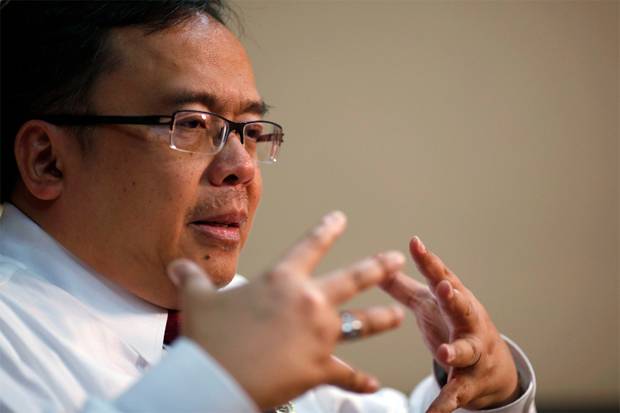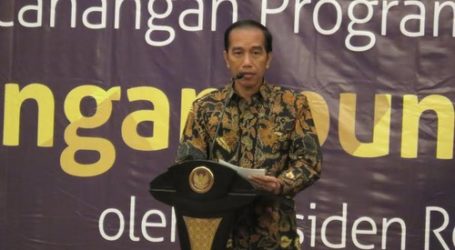With Tax Amnesty Out the Way, Indonesia Seeks to Lure Investors

Jakarta, 20 Syawwal 1437/25 July 2016 (MINA) – After successfully pushing through a tax amnesty law to bring back funds parked overseas, Indonesia’s next key economic agenda item is improving the business climate and directing investment into the processing of commodities, the finance minister said.
To attract investment in manufacturing, infrastructure and services, especially tourism, the government will focus on cutting red tape, Finance Minister Bambang Brodjonegoro said in a Bloomberg Television interview at the Group of 20 meeting in Chengdu, China.
That’s in line with its goal of transforming the economy into one based on investment, rather than being dependent on consumption and developing industries to process raw materials, he said.
“The big barrier is our complacency to the commodities,” he said in the interview on July 23.
“But with strong consistency from the government, we will be able to do that. Of course it will take time, maybe it won’t be in one to two years, but hopefully in three or four years, we can start seeing the result of this effort.”
President Joko Widodo has been seeking new sources of growth as prices of commodities that made up the bulk of the nation’s exports continue to languish, restricting economic growth at about 5 percent, compared with the 7 percent he pledged when he took office in 2014.
Tax Amnesty
His cabinet has simplified investment permit processes, cut dwelling time at ports and is drafting rules to address dispute settlements — strategies the government hopes will boost Indonesia’s rank by at least 69 notches to put it among the top 40 nations on the World Bank’s Ease of Doing Business index next year.
The approval of a tax amnesty law in June has given Brodjonegoro some breathing room to boost fiscal spending and prop up growth in the face of weakening revenue.
The budget deficit reached 1.83 percent of gross domestic product in the first half, compared with the full-year target of 2.35 percent. (T/R07/R01)
Mi’raj Islamic News Agency (MINA)






